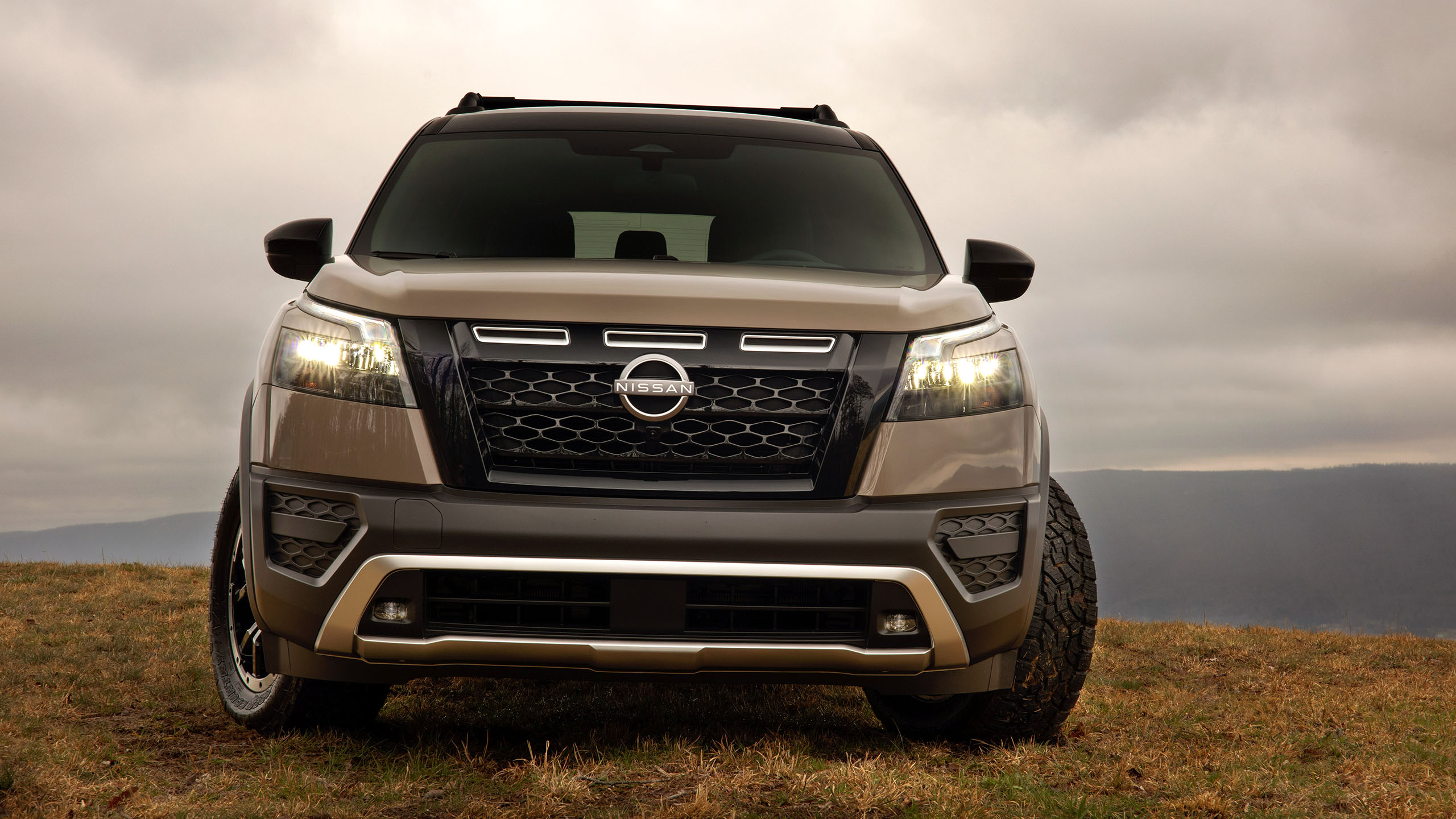

If you’ve been catching the headlines lately, you know that Nissan is in a really bad way. One executive from the embattled automaker reportedly told the media that the company has between 12 to 14 months to survive; it slashed its annual profit forecast by 70% as it cut 9,000 jobs early last month; and it’s hoping for a new business partner since Renault now holds a historically low 36% in its estranged ally. No giant falls from industry leadership as a consequence of one bad decision, though if you’re looking for a contributing factor, everyone seems to agree Nissan’s complete ignorance of America’s demand for hybrids hasn’t helped.
In a comprehensive story about all the noise surrounding Nissan’s current predicament from Reuters, anonymous sources told the news agency that the automaker doubled down on electric cars as customers in the States chose conventional and plug-in hybrid vehicles instead. And then, once Nissan realized that it stashed its eggs in the wrong basket, it apparently chalked consumer behavior up to a fad and chose not to course correct.
“It’s an excuse, but up until this time last year, we weren’t able to foresee the rapid rise in demand for hybrids,” Nissan CEO Makoto Uchida said during the company’s earnings press conference last month.
Meanwhile, over in China where Nissan was relatively strong, the public dismissed its offerings for coming off as antiquated. Take its Sylphy E-Power hybrid compact sedan, for example. The Sylphy is what Nissan calls our Sentra in some Asian markets, and per Reuters’ report, Chinese car shoppers weren’t even aware it was a hybrid because it looked almost exactly like the gas one.
The irony of all this is that Nissan was the first to the modern, mass-production electric car with the Leaf. Pride in claiming such a milestone is justified to some extent, but whatever good a product like the Leaf can do for the environment ultimately depends on people buying it—and you don’t need us to tell you that the Leaf has not been a hot seller. The Ariya electric SUV is naturally closer to the sort of EVs Americans would buy, but it’s still an EV—and a mediocre one, at that.

So, what can Nissan do? Naturally, the move is to get some dang hybrids in the showroom. Unfortunately, it sounds like that will take some time. A plug-in hybrid variant of the Rogue is reportedly on the way, but kind of like when you text your friends that you’re “on your way” and haven’t even put your shoes on yet. It’ll supposedly surface for the 2026 model year, per Car and Driver, so it sounds like more of a late-2025 affair, and it’s expected to use a hybrid system similar to the Mitsubishi Outlander PHEV’s. Now, look—the Outlander is actually a decent car, but if Mitsubishi beats you to anything in 2024, you’re not exactly in rude health as a car company.
What makes it all the more depressing is that Nissan did sell a Rogue Hybrid not terribly long ago, but it wasn’t resurrected for the current generation. It’s reasonable to assume that whoever was responsible for that decision regrets it. Hopefully, Nissan will have the opportunity to address it before that anonymous executive’s prognosis of death by February 2026 comes to pass.
Got tips? Send ’em to tips@thedrive.com